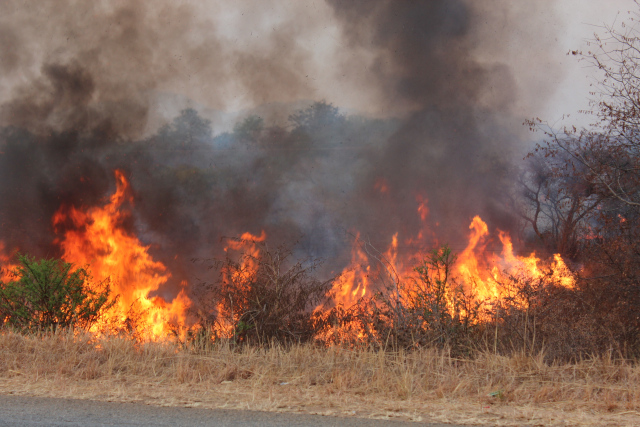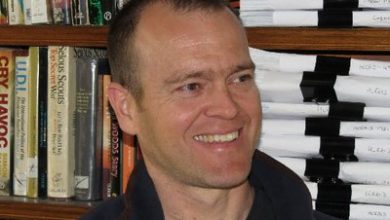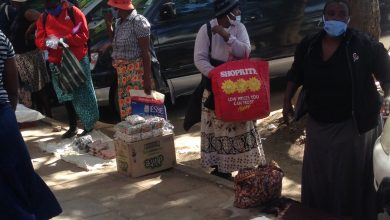“Prolonged dry season may increase risk to veld fires” Minister

The Minister of Environment Climate and Wildlife Dr Sithembiso Nyoni has warned members of the public to be cautious and guard against veld fires, citing that the current drought may prolong the dry season, in which the fires are more prevalent.
The theme for this year’s veld fire awareness campaign is: ‘Prevent Veld Fires- Protect the Environment and Livelihoods” and it highlights the nexus between sustainable food systems and the management of veld fires.
Launching the National Veld Fire Week, Dr Nyoni, reiterated that Zimbabwe is in the medium to high risk area for veld fires, according to the Environmental Management Agency’s (EMA) risk projection.
To enhance the nation’s veld fire management capacity, Dr Nyoni said the ministry, through EMA, conducts a veld fire risk prediction using the Normalized Difference Vegetation Index (NDVI) which provides tools to predict and design measures to minimize, both direct and indirect losses due to veld fires, Dr Nyoni said
“The prediction for 2024 has revealed that the country is generally in the medium (18.6%) to high risk (55.71%) to veld fires. The low risk zones covers 12.42% while an area which is in extreme high risk to veld fires covers 13.27% of the country,” said the minister.
The environment minister said the provinces highly exposed to the veld fires are Mashonaland Central, Mashonaland East, Mashonaland West and Manicaland.
“The districts that fall in extreme risk are Nyanga, Mutasa, Makoni, Mutare, Bindura, Makoni, Marondera, Chikomba, Hwedza, Harare, Zvimba, Mazowe, Centenary, Makonde, Hurungwe, Murewa and Chimanimani,” Dr Nyoni said.
Dr Nyoni emphasised that veld fires have a direct impact on agriculture resulting in the destruction of crops, grain, pastures, equipment and the subsequent food shortages, financial and job losses.
“The sustainable management of veld fires has a huge bearing on the achievement of the set targets in the National Development Strategy 1 (NDS1) as well as the Sustainable Development Goals (SDGs) on Zero Hunger and Climate Action. Zimbabwe is a Savannah ecosystem with seasonal variations of a hot and wet summer and cold and dry winter thus increased vulnerability to veld fires especially during the dry period,” she said.
“Generally, the dry season increases fuel load due to the dry rangeland and presence of windy conditions thus creating fertile ground for the start of veld fires. However, fires are normal in the Savannah ecosystem but what becomes problematic are the veld fires that are often uncontrolled fires which result in loss of large tracts of land and life.”






